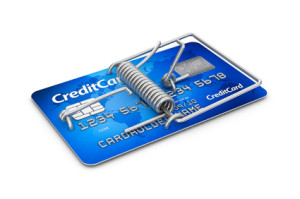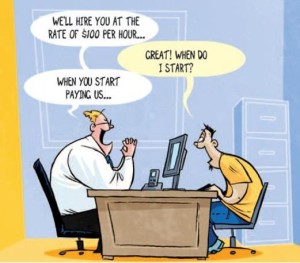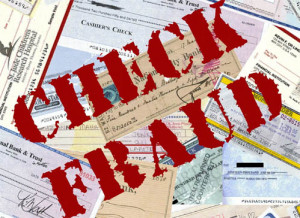Every minute criminals operate schemes or scams to persuade consumers to transfer money for specific purposes that might sound financially appealing to the consumer, but in reality are only ways to convince consumers to part with their money. Fraudsters use the internet, the mail, and the telephone in many ways to try to make consumers fall victim to their schemes. Here we will review common fraud types involving instant money transfer services:

Advance Fee/Prepayment
In this type of fraud the victim sends money to the fraudster in advance of receiving a certain product or service. The Fraudster might ask the victim for a small fee in advance to open a new credit card or to secure a loan. This type of fraud usually includes products like credit cards, loans, or investment. After the money for fee is sent using our services, the consumer never receives the product or service they thought they were getting
Mystery Shopping
There are multiple ways this type of fraud can occur. Commonly, fraudsters contact victims through employment websites and ask them to evaluate money transfer service. The fraudster sends the victim a check and instructs them to deposit the check and use the funds to send a money transfer. The victim sends the money transfer using money transfer service and the fraudster picks it up and when the check bounces the fraudster is gone and so the victim’s money
Over-payment
The victim is sent a check in payment of a service or product that appears to be valid, but will eventually bounce. Typically the amount of the check exceeds what the victim expects to receive and he or she is instructed to send the excess to fraudster using money transfer services. The check will bounce and the fraudster is gone and so is victim’s money

Employment
The Fraudster will send a check to the victim who has accepted a job. The check can be for multiple reasons such as signing bonus, supplies etc. The victim will be instructed to deposit the check and use the money for any of these reasons and then instructed to send the remaining funds to the fraudster using money transfer services. The check will bounce and the fraudster is gone and so is the victim’s money

Lottery/Prize
Victims are informed an unsolicited communication the have won a large lottery prize or sweepstakes. The victim receives a check for part of the winnings from the fraudster and is told to pay a small amount to cover taxes and/or processing fees. The victim uses the check to pay for the taxes or processing fees and is left without the money he/she using money transfer services when the check bounces (and the fraudster cannot be found)

Rental Property
Fraudsters advertise a rental property usually at a considerable discount. This allows the fraudster to receive as many replies or inquiries as possible. The fraudster goes to great lengths to make this property look as legitimate as possible and might include pictures, floor plans etc. To make sure you express an interest in the property, the fraudster will ask you to send money using money transfer services for a deposit, verify funds, or other legitimate sounding reasons. The victim ultimately loses their money, as the rental property is not legitimate

Emergency scams
This fraud is based on persuading the victim to send money using money transfer services for an urgent situation or emergency and usually occurs in one of two ways. Fraudsters will either make the victim believe they are someone the victim knows or that the fraudster is acting on behalf of someone victim knows. The fraudster will create a story such as the need for bail, fines, medical expenses, etc. The fraudster may also use social media sites to further this type of fraud. In this instance. No emergency has actually occurred, and the victim loses their money as a part of this fraud scheme
Grandparent
This fraud is a variation on the Emergency Funds fraud. The fraudster will contact grandparents and impersonate either their grandchildren or a person of authority such as law enforcement, medical professional or attorney . The fraudster describes an urgent situation or emergency that requires money to be sent using money transfer services immediately to help the grandchild to with bail, medical expenses or emergency travel funds. In this instance, no emergency has actually occurred. And the victim loses their money
Internet Purchases
Victims are told to send money using money transfer services for a product, auction item or service to the seller. The fraudster will use a number of tactics to make the victim believe that the products or services are legitimate, but once the victim sends the money they will not receive the purchased item or service

Relationship
Fraudsters will create a fake relationship (i.e. online friendship, internet dating, promise of marriage, etc.) with the victim who believes it’s real, perhaps through online communication – like a relationship established through an online dating service. At some point the fraudster will request money using money transfer services for a number of reasons such as travel, medical, etc. In the end the fraudster is only attempting to gain funds and not a relationship

Fake checks
Fake checks are used for many of the frauds explained in this section. These checks can be used for employment expenses, internet purchases, mystery shopping, etc. Remember not to use funds from a check deposited in your account until it officially clears which can take days/weeks
Consumer fraud is a crime. Most consumer fraud involves the perception on the part of the victim that they will receive some sort of financial gain. The common theme in consumer fraud is that the sender does not have a personal connection or relationship with the receiver. Stay focused and don’t get caught!




